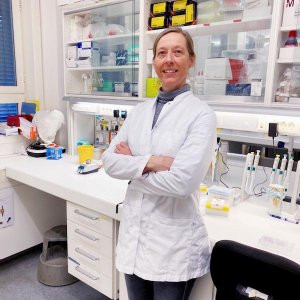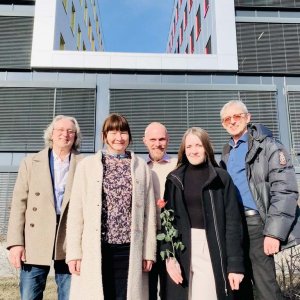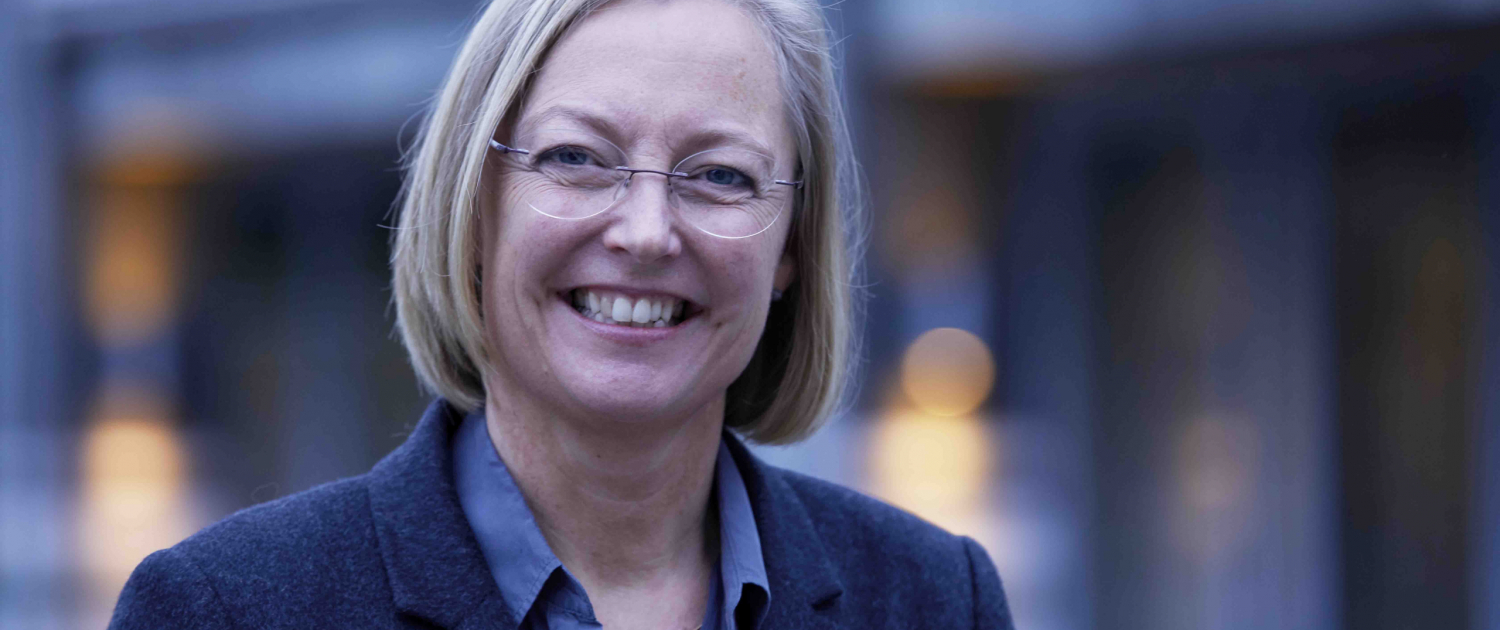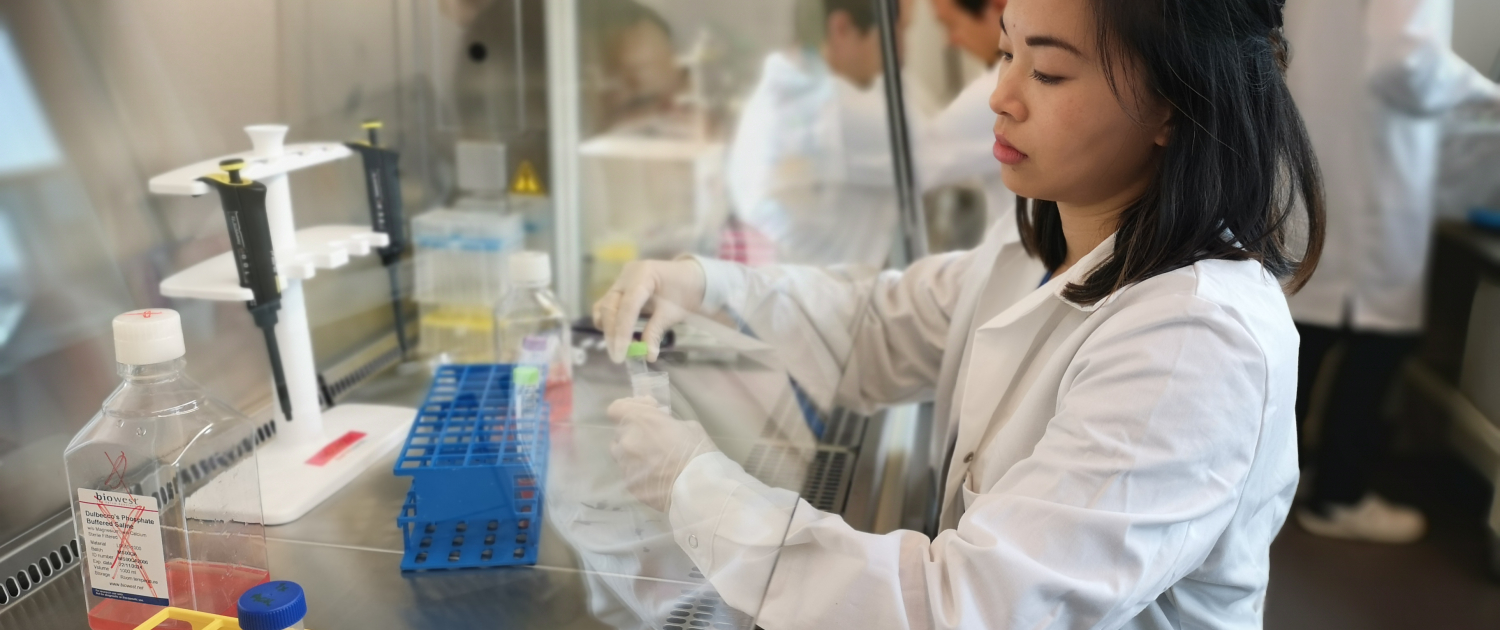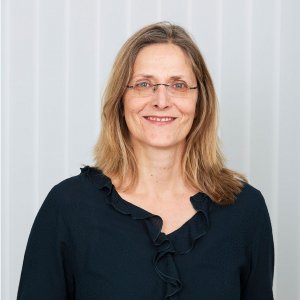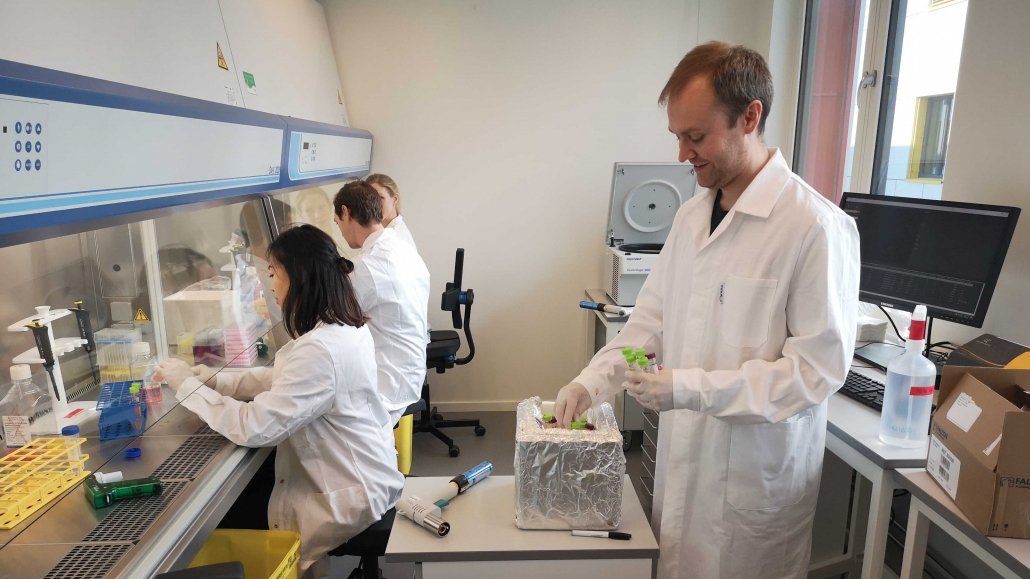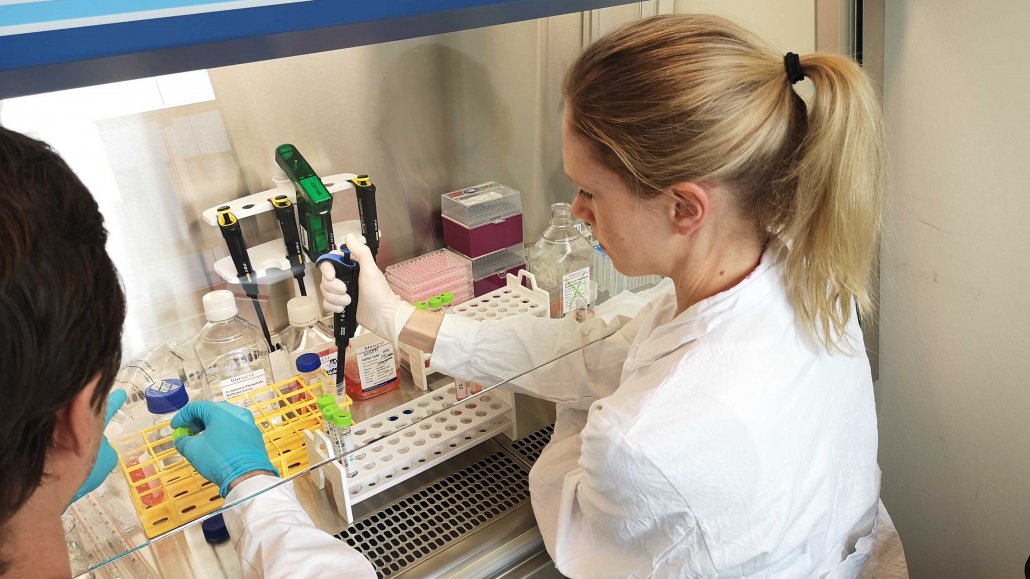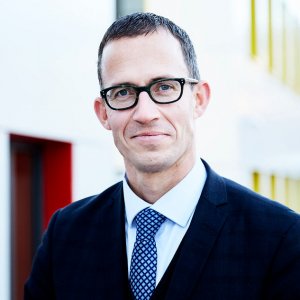New collaboration with Rebel
 Rebel
Rebel
Rebel and Oslo Cancer Cluster Incubator start a collaboration to tighten the ties between cancer research and information technology.
The world of cancer treatments and the world of information technology sometimes seem far apart. A new collaboration between Rebel and Oslo Cancer Cluster Incubator sets out to be beneficial to companies that inhabit both worlds – and to our society in general.
“Technology is about more than lines of code and gadgets. It is also about solving big societal challenges. This is an opportunity for us to contribute in one of the most important cases there is – cancer. Imagine how rewarding it is for tech heads to use their knowledge to improve diagnostics and cancer treatments,” said Peter Jetzel, Chief Rebel.
Rebel connects information technology- and software developers in the centre of Oslo. Since the hub opened last autumn, they have experienced that the need for technological competencies in Oslo is massive, also in the health sector and in companies that are traditionally considered biotech.

Peter Jetzel, Chief Rebel, on the hood of the DeLorian in one of the common areas in Rebel.
“Technology is an important driver in the future of cancer treatments, as digitalisation changes how we understand and develop medicine,” said Ketil Widerberg, CEO at Oslo Cancer Cluster Incubator.
Wonderful spaces
The emerging health industry in Norway is booming, and more space is needed as the main Oslo Cancer Cluster hub at Campus Radiumhospitalet develops. While the construction of a second part of Oslo Cancer Cluster Innovation Park is under way, companies in Oslo Cancer Cluster Incubator can find space and new partners at Rebel.
Rebel has offices, conference rooms, project rooms, studios, makers spaces and a software lab in the area of Tullin, in the middle of Oslo. These will be made available to companies in Oslo Cancer Cluster Incubator.
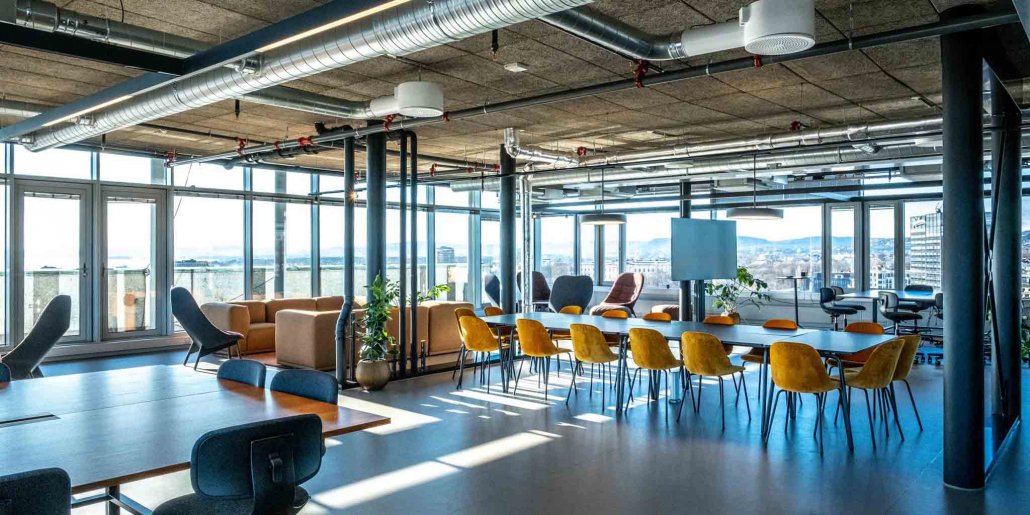
Some of the meeting rooms in the Rebel building come with a view.
A dynamic collaboration
The collaboration is dynamic and full of opportunities. There is room for projects, exchange of expert competencies, new establishments, and common arenas. The ambition is that the initiatives will grow from the grass, so to speak, on arenas that are made for knowledge sharing.
“To give the right treatment to the right patient at the right time, artificial intelligence will be central. To accelerate development of new cancer treatments, health data will be collected and analyzed in entirely new ways. In short, we need to think differently,» said Ketil Widerberg.
«Collaboration in clusters and collaborations between clusters are two sides of the same coin. Our two knowledge environments have different professional anchorages, but we are heading towards the same goal. We are starting this collaboration to find synergies and energy for mutual benefits,” said Peter Jetzel.

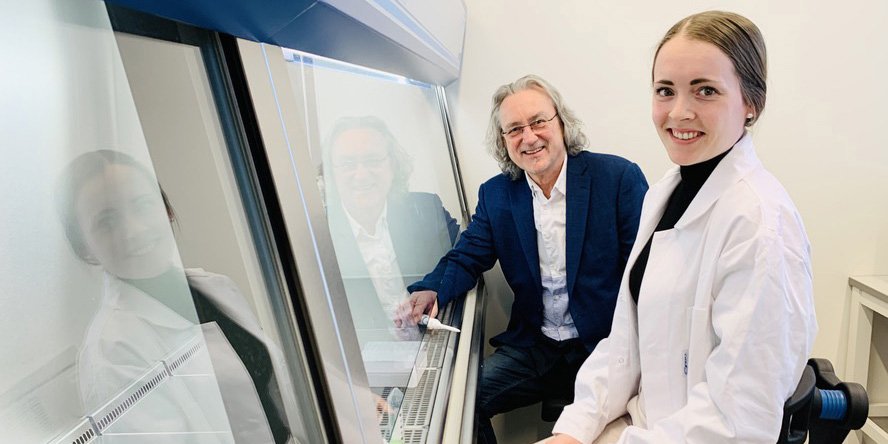 OCC
OCC